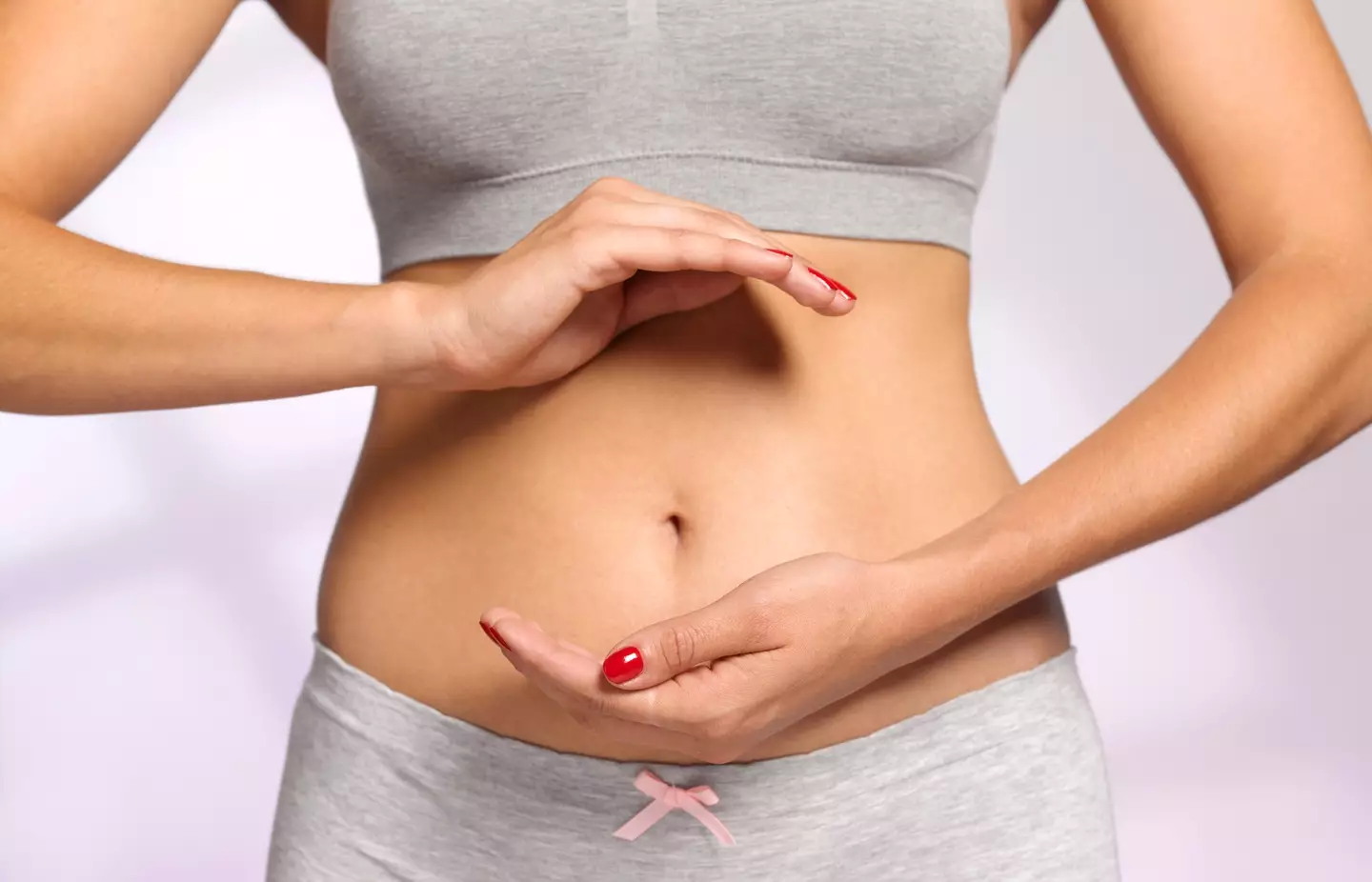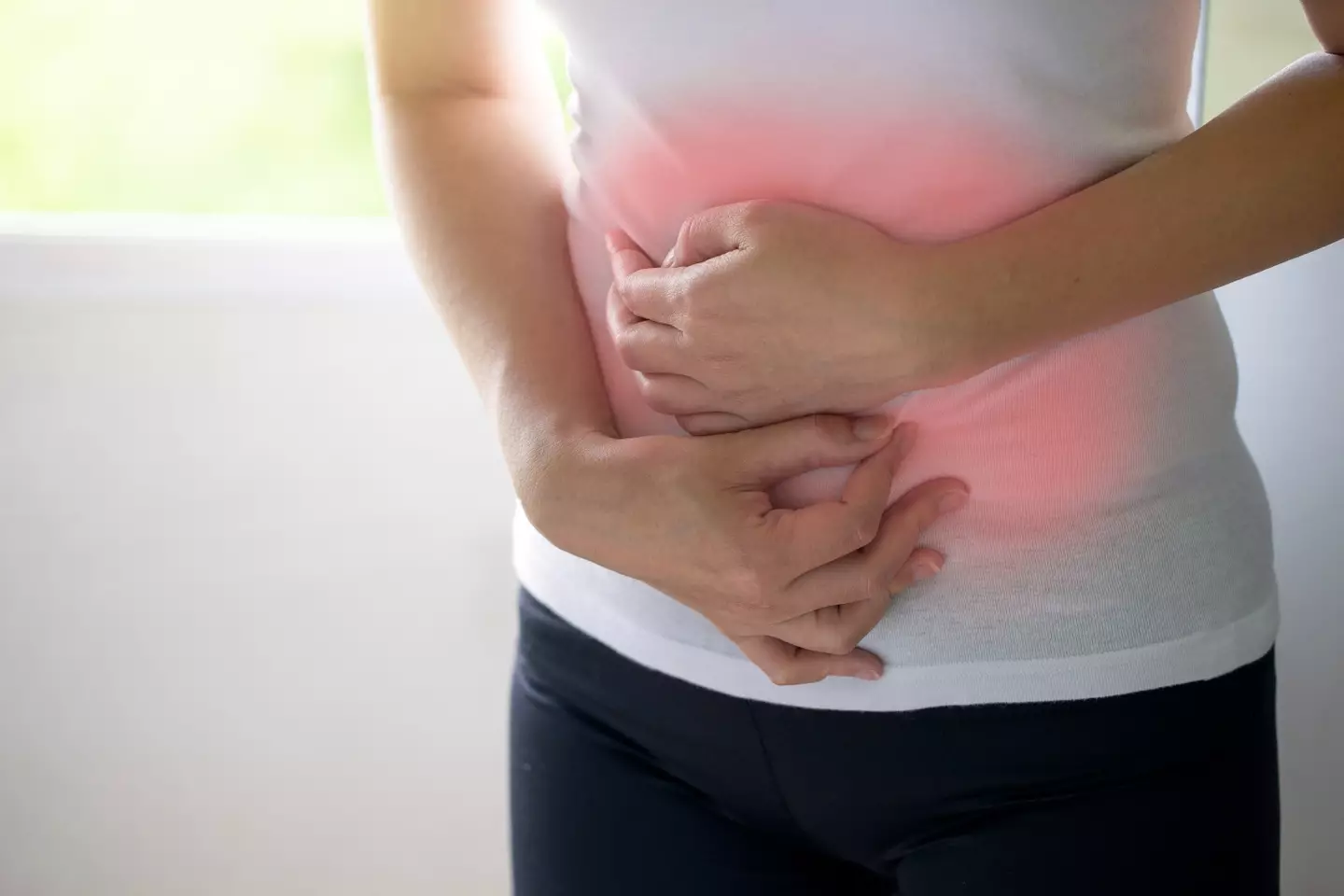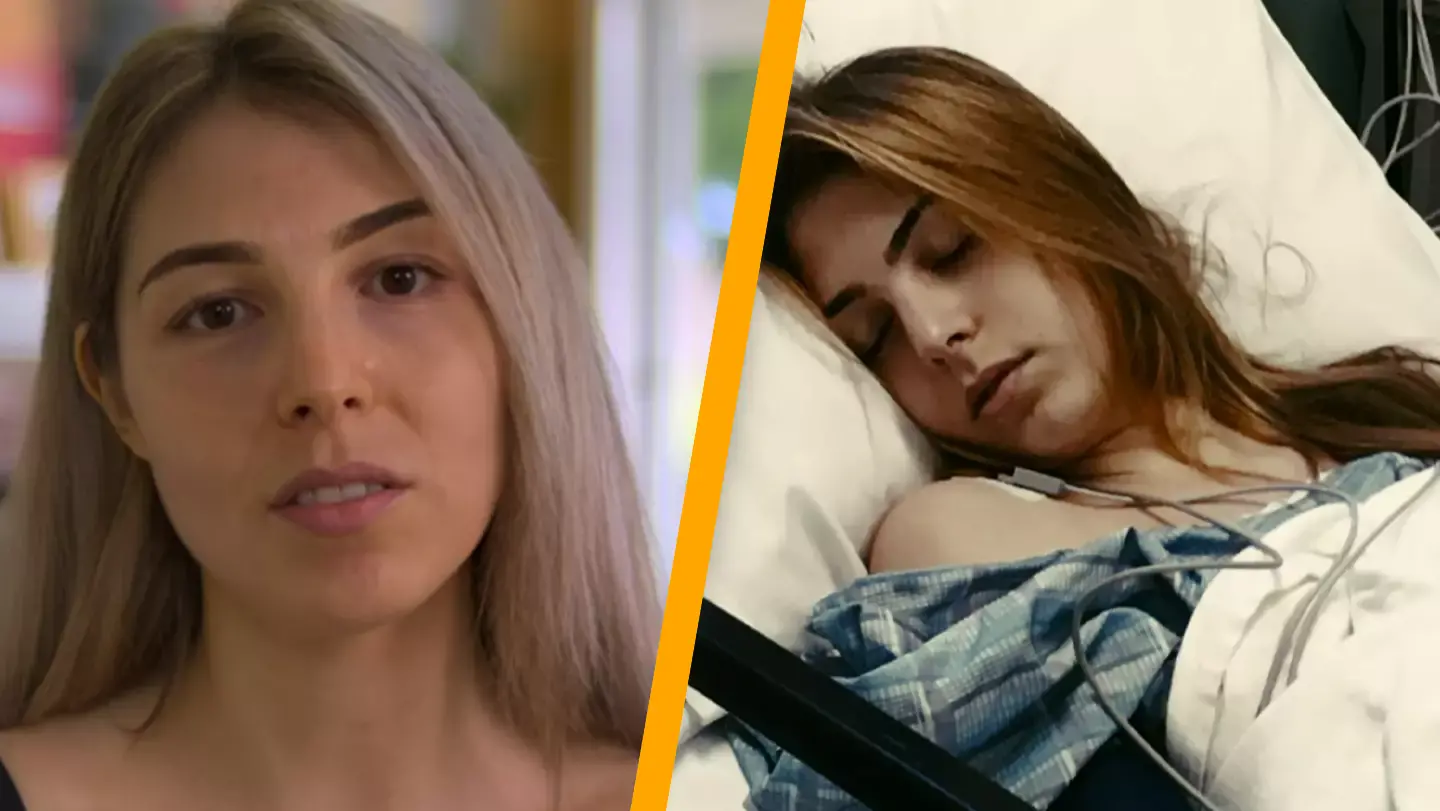The concept of ‘fecal transplants’ may sound unusual, but one woman’s encounter with this procedure is particularly intriguing.
Discussing gut health has become quite popular recently, with individuals increasingly striving to enhance their overall well-being. Danielle Koepke, a college student, hoped that an experimental treatment could alleviate the health challenges she was grappling with.
Koepke experienced symptoms associated with IBS, such as indigestion, intense gas pains, and severe constipation. Despite seeking medical advice and trying various treatments, her condition showed little improvement.
After five years of seeking medical assistance without success, Koepke decided to pursue a rather unconventional treatment. The idea might sound far-fetched initially, almost like a joke.

This procedure, known as fecal microbiota transplant (FMT), involves transplanting fecal bacteria from a healthy donor into a patient’s intestine to boost ‘good’ microbes in their gut.
Koepke shared her story in the Netflix documentary “Hack Your Health: The Secrets of Your Gut.” She decided to use fecal matter from her boyfriend and brother as donors.
Would you feel more at ease with a donor you know personally?
Currently, the US Food and Drug Administration has approved FMTs solely for treating C diff. bacterial infections. However, ongoing research aims to explore their potential for other medical conditions.
The FMT process involves blending feces from a healthy donor with a saline solution and introducing it into the patient’s gastrointestinal tract, either via enema, oral capsules, colonoscopy, or upper endoscopy. Even today, the concept seems almost unbelievable, but the science behind it is intriguing.
Koepke observed improvements in her symptoms after using her brother as a donor, but she also developed acne similar to her brother, who had a history of hormonal acne.
When she turned to her boyfriend, who had no physical health issues, her acne subsided, but she began experiencing symptoms of depression, which her partner also struggled with.

It’s a challenging trade-off to consider.
Jack Gilbert, a microbial ecologist at UC San Diego, discussed the case with Business Insider and attempted to shed light on the situation.
He explained that bacteria in the stool might influence inflammation in the recipient’s body by affecting metabolism and triggering immune responses. This, in turn, could alter hormonal activity, promoting bacteria responsible for acne.
Gilbert also highlighted his research indicating that individuals with depression might lack specific gut bacteria.
He stated, “She may have had the ‘anti-depressant’ bacteria in her gut, but when she swapped her microbiome with his, her anti-depressant bacteria got wiped out.”

